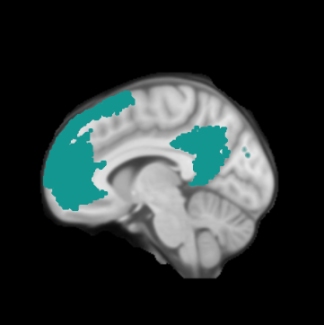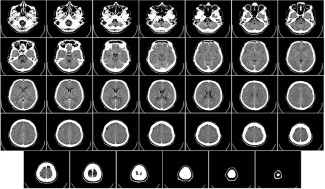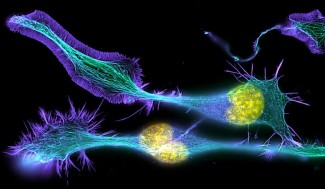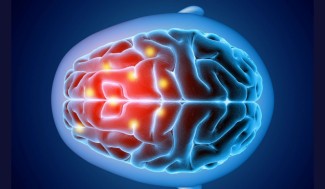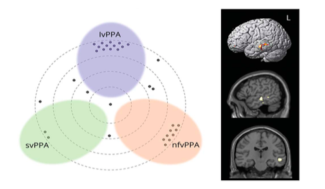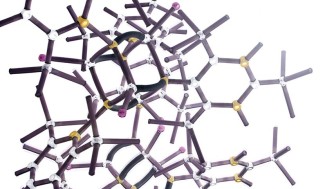There is currently no cure for frontotemporal dementia, but promising leads are emerging from ongoing research.
Treatments for Frontotemporal Dementia (FTD)
The treatments offered for FTD are purely symptomatic, and aim in particular to alleviate behavioral problems in patients. Certain antidepressants, anxiolytics, or serotonergic drugs (serotonin regulators) can, for example, reduce agitation, producing a noticeable effect on appetite regulation and irritability.
In all cases, medication must be supplemented by speech therapy and/or day hospital care to help restore social relationships and provide appropriate rehabilitation.
Patient care must be multidisciplinary, provided by a specialized team in an expert center. Treatment involves a neurologist as well as neuropsychologists, speech therapists, and clinical psychologists. The patient’s disorders and needs, as well as the impact on family and social life, must be assessed so that appropriate care can be provided.
Frontotemporal degeneration has a significant impact on social, professional, and family life. The social and psychological aspects, and training family caregivers about the disease, are also a major part of care. Support for patients and family caregivers by patient associations dedicated to this condition, in particular the France-DFT association, is also crucial.
The center of reference for rare or early-onset dementia dealing with frontotemporal degeneration at Pitié-Salpêtrière Hospital is a facility that provides support for patient care.
https://cref-demrares.fr/Les-Degenerescences-Fronto-Temporales-DFT
Data sheet updated with the assistance of Isabelle Le Ber, neurologist, researcher in the FrontLAB team at Paris Brain Institute and coordinator of the reference center for rare and early dementias.

